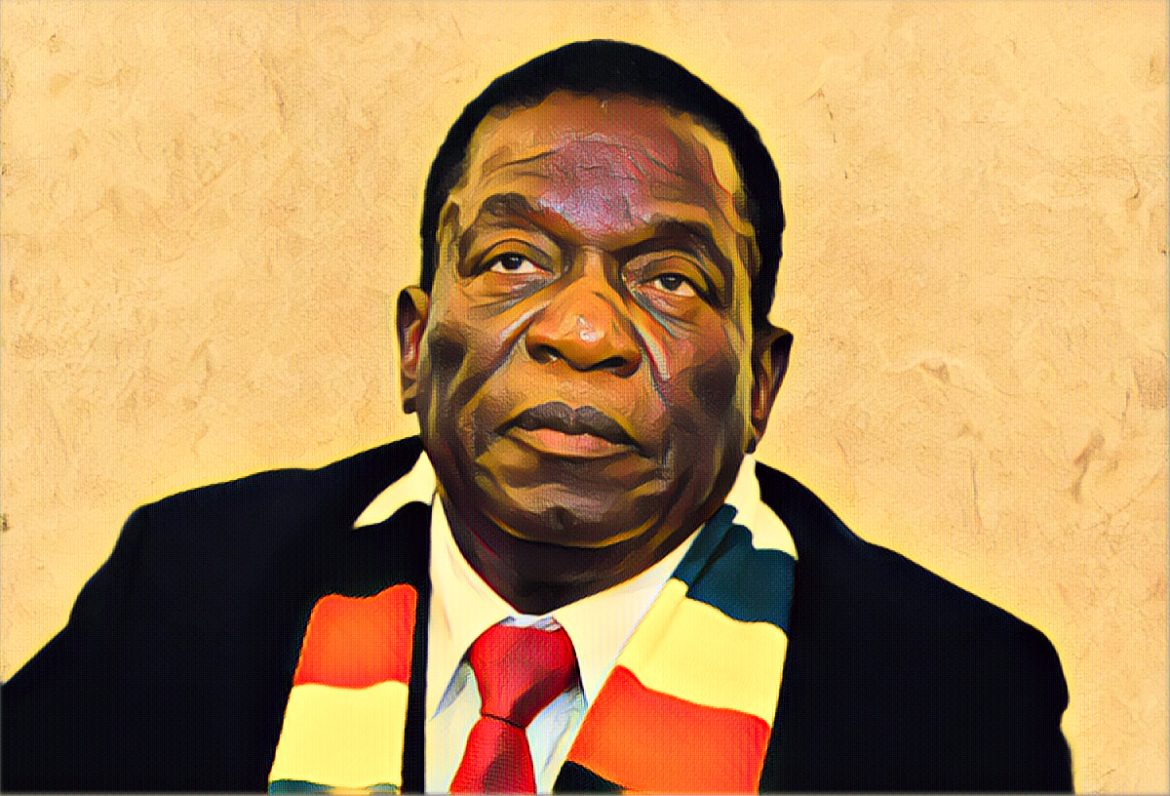In a stirring New Year message, Zimbabwe’s President Emmerson Mnangagwa expressed optimism about the nation’s economic prospects for 2024. This hope is anchored in the recent discovery of oil and gas near the borders with Mozambique and Zambia, alongside improvements in mining and tourism sectors. However, contrasting the President’s positive outlook, economists and citizens express skepticism and concern, highlighting the ongoing challenges facing the country.
Mnangagwa, in his address to the nation, highlighted several achievements and future potentials. He noted the mining sector exceeded its $12 billion target in 2023 and mentioned the country’s newfound food sufficiency. The President also emphasized the surge in tourism and the potential energy benefits from the Muzarabani oil and gas discovery, portraying a vision of Zimbabwe as a burgeoning producer of gas, meeting its own energy needs and fueling economic growth.
However, this optimistic view is not universally shared. Gift Mugano, an economics professor at Durban University of Technology, offered a more cautious perspective. He pointed out the vulnerability of Zimbabwe’s agro-based economy, especially in the face of drought and global food price hikes due to the Russia-Ukraine war. Mugano predicts an underperforming economy, with significant foreign currency expenditure on food imports.
Prosper Chitambara, a senior economist, also tempers the President’s optimism. He agrees that the oil and gas discovery is significant, but cautions about the time needed for these resources to impact the economy positively. Chitambara forecasts a modest economic growth of 3.5% for the year, lower than the previous year’s estimate.
Amidst these economic discussions, the human aspect of Zimbabwe’s challenges is evident. Ranga Chivi, an electrical engineer who recently migrated to Australia, shared his thoughts on Mnangagwa’s speech. While acknowledging the potential benefits of the gas and oil discoveries, Chivi’s decision to leave Zimbabwe was driven by the quest for a more stable economic environment to raise a family. His story reflects the concerns of many Zimbabweans who seek opportunities abroad due to economic instability at home.
The World Bank supports this narrative, stating that the primary reason for emigration from Zimbabwe is the search for economic opportunities. According to their data, a significant majority of the nearly one million emigrants in 2022 left for employment, highlighting the ongoing economic challenges that drive Zimbabweans to seek better prospects elsewhere.
In conclusion, while President Mnangagwa’s hopeful outlook for Zimbabwe’s economy in 2024 paints a picture of potential and progress, it is met with cautious realism by economists and the lived experiences of Zimbabweans. The discovery of oil and gas offers a promising future, but the immediate challenges of drought, food insecurity, and the need for economic stability remain pressing issues that need addressing. As Zimbabwe steps into 2024, the balance between hope and reality will be key in shaping its economic trajectory.


